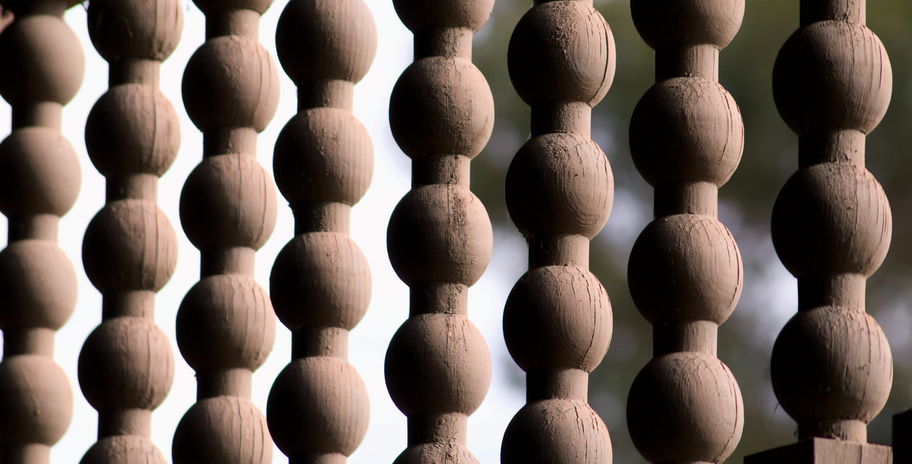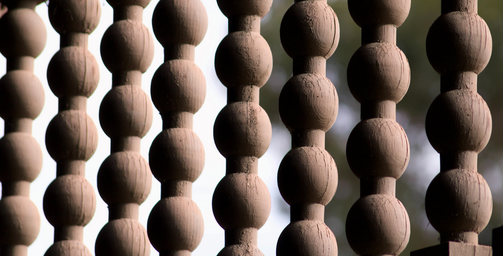I went to Cuba recently and I realized that we are all essentially the same, regardless of our race, socioeconomic status and the language we speak. In the end, we are all the same.
Photo curtesy of author.
It was a humbling experience because growing up in the United States, I lowkey felt better than everyone else. I still do at times. I was basically raised to believe that the U.S. is the best and we have the burden of helping other countries because they’re still developing.
Due to such an upbringing, I arrived to Cuba with my small duffle bag of clothes, sunscreen and a whole bunch of preconceptions. I had already assumed that the people were going to be less educated, not capable of meaningful conversation, poor and struggling.
Sure, the bathrooms don’t always have toilet paper. Sure, juice and beer are about the same price as a bottle of water. And sure, workers don’t get paid much.
Aside from all of that, Cuban people are so talented and so intelligent. I went to go teach English and Spanish at a school through Western’s Alternative Spring Break. Some kids were blind. Some kids were deaf. You wouldn’t even be able to tell, though. These kids sang and danced and drew and hugged each other.
They had so much love within themselves. They had so much love to share. It was truly astonishing. It was so different than how I had grown up, especially in a school setting. The Cuban teachers kissed and embraced their kids; in the U.S., a teacher could be sued for such affectionate behavior.
I had taught these kids “Head, shoulders, knees and toes,” and in a matter of minutes, they memorized the song. In English. I was seriously surprised. I was upset at myself because I had assumed that they wouldn’t be able to learn as fast as kids I had taught in America.
Even at the university, the students were impeccable. Some were quite intimidating: I met double majors in English AND French, computer science experts and law students. On top of all of that, almost every single one of them loved to dance, sing, act, play sports or paint. Their love for culture and the arts was something I was quite jealous of because I felt like my hometown community lacks such emotional support.
Photo curtesy of author.
That leads me to the difference between monetary and emotional support. Back where I’m from, a decent amount of funding went to arts, but people still didn’t view it as intelligent of a way to spend time as studying for a chemistry test. In Cuba, art and dance was a form of intelligence. In fact, it was weighed equally or even greater sometimes than traditional educational topics like math or science.
It’s one of the main reasons why I fell in love with the community there. They just have so much to offer—they don’t judge and they know how to make genuine connections. They literally have to purchase a card to use Wifi, so the internet doesn’t keep them separated. Not having Wifi for a week could be a whole other article itself, but it was definitely a blessing for me. I felt free from having to Snapchat all my experiences, I felt like I could just live in the moment. My creativity levels soared.
Photo curtesy of author.
The lack of internet access essentially forces them to understand how to properly socially interact; I had the most amazing conversations with women and men from ages 17 to 29. Cubans know how to communicate, smile and just be generous. Back in the U.S., it’s hard for people to even greet me on the street sometimes.
Now, this is not a hate article about where I grew up, nor is it propaganda to visit Cuba or that Cuba is the most amazing country in the world. The U.S. is not either. My personal experience in Cuba was wonderful because I took advantage of my time there. I immersed myself in their lovely culture, food and community. Along with super improved Spanish skills that will hopefully get me 100% in my class, I learned a lot of valuable life lessons. It was an experience I will never forget because I now know at the end of the day, we are all the same and defining ourselves doesn’t matter as much as we think it does.
Related Articles:
Want more HCW? Check us out on social media!



